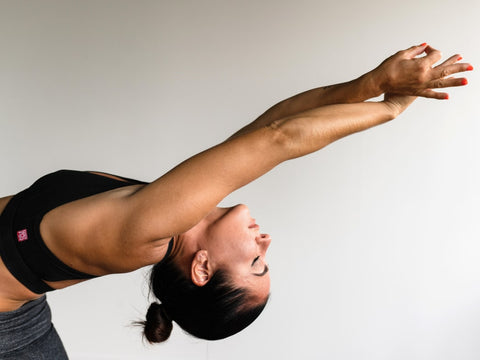The growing use of technology among seniors is fast becoming a big contributor to poor eye health. According to the AARP, 44% of older adults now use technology on a regular basis. The older population relies on the internet for communication, entertainment, and convenience.
While technology is on its way to becoming an essential for seniors, it's important to remember healthy eye habits, especially since aging already naturally weakens our vision. Below are a few tips on eye health that can help older adults:
1. Schedule annual eye check-ups
Good vision is an important aspect of your overall health and quality of life, so you need to get your eyes checked regularly. Common issues that occur with age are dry eyes, presbyopia, and watering eyes, all of which have easy fixes. However, there could be more serious complications that need to be addressed immediately, like cataracts and age-related macular degeneration (AMD).
Fortunately, annual wellness visits are free for people over 65 who've had Medicare for over 12 months, which include preventive vision screenings. And if you're on a Medicare Advantage plan, Kelsey Care Advantage lists vision as one of the main coverages included in this particular program. Advantage plans have additional benefits that are not in the original Medicare, such as routine eye exams, Glaucoma screenings, and AMD tests and treatment.
Regardless of the kind of insurance coverage you have, what's important is you get eye check-ups at all to further prevent any vision problems from developing, or to help manage a condition you might already have.
2. Give your eyes a break
You should also sneak in recent breaks if you’re constantly looking at a screen. Healthline suggests the 20-20-20 rule for eye health. Every 20 minutes of looking at a screen, you should stare at something 20 feet from you for 20 seconds. Since you likely won’t get to accurately measure 20 feet, focusing on anything far from you works. As for the time, it takes 20 seconds for your eyes to completely relax. A simple guideline such as this can help minimize eye strain and prevent presbyopia, the difficulty on focusing on an object, from worsening.
3. Include a lot of vitamin A in your diet
You may remember long ago how your parents told you to eat your carrots for better eyesight — they weren’t wrong. Carrots contain beta-carotene, which the body converts into vitamin A, and this promotes good vision. In fact, people with high levels of beta-carotene in their blood can reduce their risk of AMD by 35%. But intake of vitamin A itself is also good for your eye health as it maintains your night and dim light vision. Insider explains that this is possible because it forms pigments in your eye, which are required for night and dim light vision. Vitamin A also protects the cornea and reduces the risk of cataracts. Alternatively, sweet potatoes, pumpkins, and squash are also good sources of vitamin A.
4. Consider getting blue light glasses
Blue light is emitted from digital devices, and Ann Gibson notes that the amount of time spent looking at screens is only increasing — this increased exposure is unsurprisingly harmful to our eyes. In seniors, this can not only cause eye strain but also aggravate dry eyes and macular degeneration. To help you protect your eyes from blue light, consider buying blue light glasses. As the name suggests, this filters out the blue light that digital screens give off.
The eyewear here at SafetyBlue can keep you in front of the screen for long stretches without affecting your sight. While you can't reverse aging, you can reduce eye problems caused by technology. To promote eye health in seniors, prioritize eye check-ups, a good diet, lots of breaks, and a trusty pair of blue light glasses.




